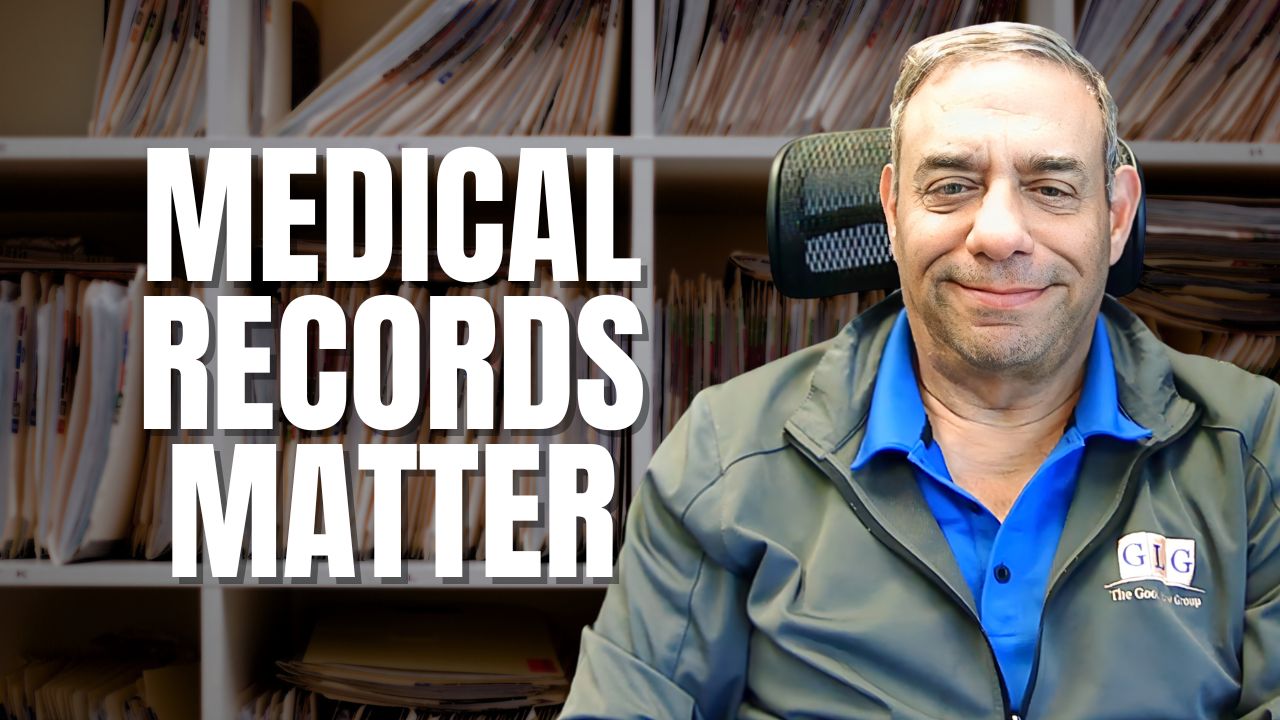Backlog to Approval for SSD Benefits
Looking back at 2017 with a lens aimed at the data one thing immediately becomes apparent: The Social Security Administration’s (“SSA”) backlog is killing a lot of people. “In the past two years, 18,701 people have died while waiting for a judge’s decision, increasing 15 percent from 8,699 deaths in fiscal 2016 to 10,002 deaths in fiscal 2017, according to preliminary federal data obtained by The Washington Post.” 2017 has been a somber year for our office, two of our clients committed suicide and one died on the operating table while waiting for a hearing. It does not seem to be a coincidence that “…the rising death toll coincides with a surge in the length of time people must wait for a disposition, which swelled from a national average of 353 days in 2012 to a record high of 596 this past summer.”
The Process of Obtaining SSD Benefits
Initial Application for SSD Benefits
Obtaining Social Security benefits require individuals to jump through anywhere from one to five hoops. The first hoop is the application. The application can be completed in person at a district office, online, by mail, or by phone. The application can take anywhere from four to eight months for the SSA to make an approval decision. The SSA’s 2015 Budget Justification indicates that roughly 2.7 million people applied for benefits and of those applicants, 33% or about 891,000 were approved for benefits.
Reconsideration of a Denied SSD Application
The next hoop in the SSD application process is the reconsideration stage, which can take anywhere from four to eight months. Since 2.7 million people applied and 891,000 were approved, one would expect that the 1,809,000 that were denied would jump through the second hoop (i.e., request reconsideration) for a chance to get SSD benefits. However, this is not the case. In 2015 only about 700,000 of the individuals who were denied at the initial application stage filed a request for reconsideration.
Therefore, about 57.14% of applicants gave up and did not file a request for reconsideration after their initial application was denied. Another alternative to filing for reconsideration is to refile an application. Refiling is a futile decision because the SSA knows when they have turned down a claimant and that based on the data there is a high-probability the applicant will give up and not opt to jump through hoop two and file for reconsideration.
Hearing for a Denied SSD Application
Once an applicant has jumped through hoops one and two, application and reconsideration, they are ready to submit their hearing request and let the long wait to get a hearing date begin. As of January 4, 2018, the average wait time among the six Social Security hearing offices in Illinois was 18.8 months. The 18.8 month wait time does not begin the day an individual applies for SSD benefits, rather this wait time begins after an individual has jumped through the first two hoops of being denied their application and denied their reconsideration.
It can take 16 months to jump through the first two hoops and another 18.8 months on average to get to the third hoop and have a hearing before an Administrative Law Judge (“ALJ”), or a total of about 34.8 months. On the shorter end, this can take about 26.8 months. Once a claimant has jumped through the first three hoops, and has had a hearing before an ALJ, the wait is not over. An overwhelming majority of the ALJs do not issue a decision on the day of the hearing, so often the result is more waiting.
To add insult to injury, the ALJs who preside over SSD hearings do not do so on a consistent basis. For example, at the Oak Brook Office of Disability Adjudication and Review, there are 18 ALJs who hear disability cases. On the lower end of approval of the approval rating, one ALJ approves 19% of cases. In contrast, on the higher-end of approval another ALJ approves 87% of cases. The current national average for approval at hearing is 43%.
According to a recent Congressional report: “Professional representation is a valuable, and indeed vital, service. The disability determination process is complex. Claimant’s without professional representation appear to be far less likely to receive the benefits to which they are entitled. For example, in the year 2000, 64% of claimants were represented by an attorney, but only 40% of those without one were awarded benefits at the hearing level.” The data is grim, the delay is deadly, and things do not appear to be turning around by an indication, but what is clear is if an individual cannot work, their best chance of obtaining benefits is by hiring a qualified attorney.
Need help with your SSD Application? Consider the Good Law Group for your representation. Call #(847) 577-4476 or complete the online evaluation form.









